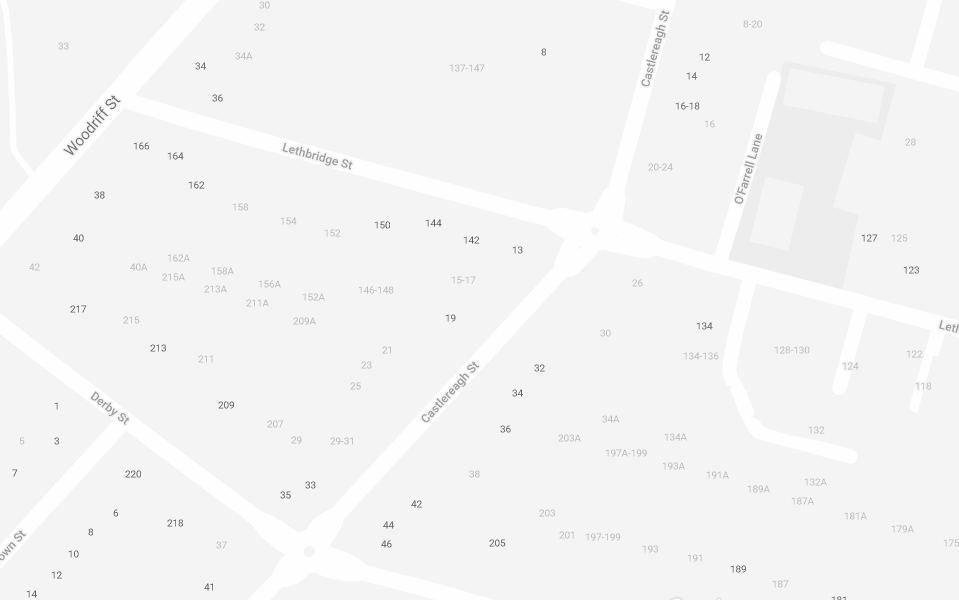
Reminder: more businesses need to lodge TPAR
With the ultimate distraction of the pandemic, many businesses around Australia may not be aware that they will be required to lodge a Taxable Payments Annual Report (TPAR) for the first time this year. Not only has the TPAR expanded to include road freight, information technology, and security, investigation or surveillance services this year, due to COVID-19, businesses such as restaurants, cafés, grocery stores, pharmacies or other retailers that have hired contractors to deliver goods to customers may also be captured under the regime.
Among the chaos of the pandemic, many businesses may not be aware that they will be required to lodge a Taxable Payments Annual Report (TPAR) for the first time this year. Your business may need to lodge a TPAR if payments were made to either contractors or subcontractors to provide certain services. In previous years, the TPAR applied to businesses that hired contractors to provide building and construction, cleaning and courier services. However, this year, it will be expanded to apply to businesses that pay contractors to provide road freight, information technology, and security, investigation or surveillance services.
Under the expanded TPAR, road freight services include the provision of transportation of freight by road, truck hire with driver, and road vehicle towing services. Information technology services include writing, modifying, testing or supporting software to meet clients’ needs, whether on site or remotely through the internet. Security, investigation or surveillance services includes the patrol and guarding of people, premises or property, watching or observing an area and monitoring security systems as well as investigation specifically related to security and surveillance, not just information gathering.
While most businesses captured under the TPAR would naturally be in the industries listed (ie building and construction, courier, road freight services etc), there may be some surprising businesses captured this year. For example, any restaurants, cafés, grocery stores, pharmacies or other retailers that have hired contractors as a result of COVID-19 to deliver goods to customers may have to lodge the TPAR this year. This may also apply to hotels involved in quarantine which were required to hire their own security contractors.
In response to COVID-19 many businesses have had to quickly adapt, and many have needed to contract out more services. We also know many contractors are struggling right now. It is not fair if an honest contractor misses out on business because a competitor is under-cutting them by doing things like under-declaring or not declaring income. The TPAR helps us shed light on payments to contractors and keep things fair.
ATO Assistant Commissioner Peter Holt.
Remember, contactors in under TPAR can include subcontractors, consultants, and independent contractors. They can be operating as sole traders (individuals), companies, partnerships or trusts. The detail that needs to be reported for each contractor includes ABN, name and address, gross amount that was paid for the financial year (including any GST).
The ATO uses information reported on the TPAR to make sure that contractors are complying with their tax obligations, including being registered for GST, lodging BAS and income tax returns, using valid ABNs, reporting the correct amount of income and paying the right amount of tax. It is also encouraging businesses to actively use the ABN Lookup tool to ensure contractors are quoting valid ABNs on their invoices to ensure the success of the taxable payments reporting system.
According to the ATO, more than 280,000 businesses will have to complete a TPAR for the 2019-20 income year. As at late July 2020, only around 16,000 have lodged the TPAR, so there are still a large number of businesses that have yet to lodge with the deadline being only 2 weeks away (28 August 2020). Lodgement can be done online through various portals or your registered tax agent.





